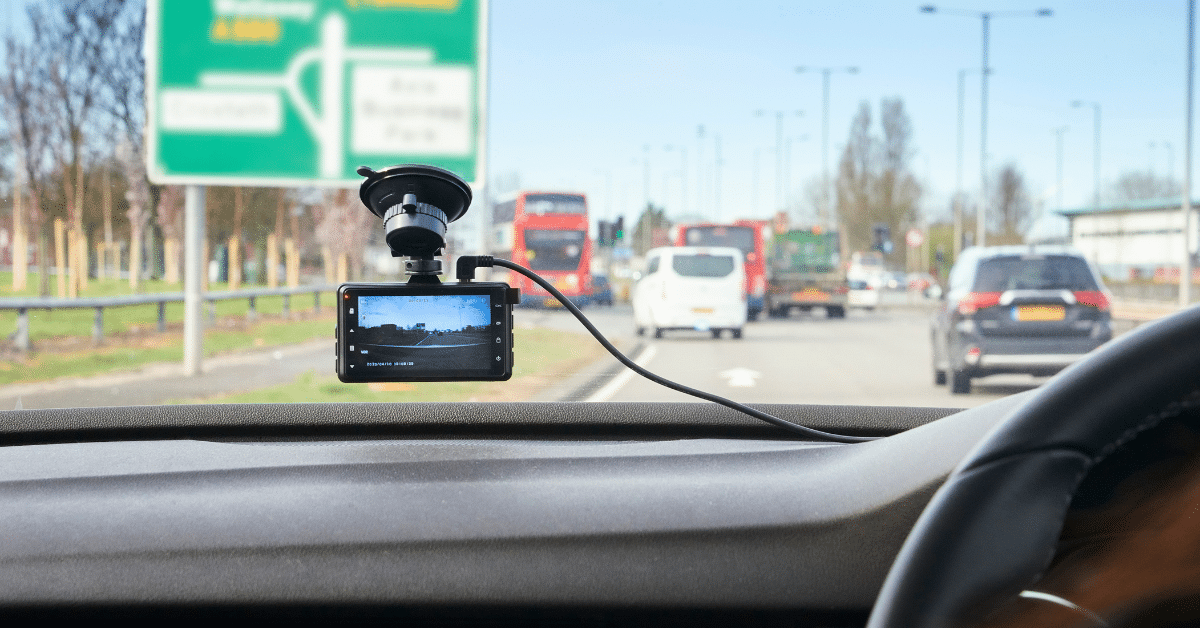Video technology has improved and has become smaller and cheaper. Your smartphone can record video. Your vehicle may have video cameras viewing your surroundings as you drive. Police officers here in the Denver metro area usually wear video cameras and have them pointed out their windshield. All these images are potential evidence to help or harm your DUI defense.
There’s an old saying, the camera never blinks. If video cameras are at the right spot at the right time, they can capture information critical to your case. Images may support the prosecution, show that you’re not guilty of DUI (or at least show there’s reasonable doubt that you’re guilty), or the video may cut both ways. Some images may weaken the prosecution’s case. Others may weaken your defenses.
What Video Might Be Used?
There may be many cameras at play in your case:
- There may be a video camera on the police officer and one aimed out a cruiser’s windshield.
- Increasingly, police departments have security camera systems recording activities on streets and in public places. They may also be able to use privately owned video systems to help them see what’s going on.
- Security cameras on homes and businesses record what’s happening on the street.
- You may have activated the camera on your smartphone when the officer pulled you over to record your interaction.
- Some cars have dashcams.
- Pedestrians, other drivers, and people in the area may have recorded what happened on their smartphones.
That’s just the beginning. Modern vehicles have computers involved in managing engine performance and safety features. They may record data about your speed. Your smartphone may record data that’s relevant to your case. Depending on the circumstances, video recordings and data may paint a picture of how you drove during a specific time and location.
How Might Videos Help or Hurt My Case?
1. Getting Pulled Over
Often DUI arrests and prosecutions start with a driver being pulled over. That requires the officer to have reasonable suspicion that you’re breaking or have broken the law somehow. There must be articulable facts that justify the officer’s decision. If there’s no reasonable suspicion, but you’re pulled over anyway, any evidence gathered afterward should be suppressed so it can’t be used against you.
The officer’s dashcam may be critical if this is disputed. The officer may claim you were drifting in and out of your lane, speeding, driving too slowly, or failing to obey traffic signals. Does the video confirm that or show you were driving reasonably safely?
2. Being Arrested
Under Colorado law, the officer can arrest you if they have probable cause to believe that a criminal offense was committed and that you committed it. Courts generally see this as a practical, non-technical standard. It depends on the totality of the circumstances, which is everything the arresting officer knew or reasonably believed when the arrest was made. Without reasonable cause, your arrest is not legal, and charges against you should be dismissed.
Do video cameras, whether close by or across the street on a business or a telephone pole, support the officer’s contention that there was reasonable cause for your arrest? Dashcam video of your allegedly impaired driving may be critical to this. If the officer claims that after being pulled over, you were dozing off, acting highly excited, or speaking incoherently, or you performed poorly in a sobriety test, does video confirm those allegations or show they’re not truthful?
3. At a Trial
Most DUI charges are resolved through a plea bargain agreement. The defendant usually agrees to plead guilty to a particular crime and accepts a given sentence, and the prosecution may drop more severe charges and forego a harsher sentence. The trial doesn’t proceed.
Relevant video footage can weaken or strengthen either side’s negotiation position. If it weakens the prosecution’s case, they may drop the charges or agree to do so in exchange for a lenient outcome. If the video establishes that the prosecution’s case is credible, a defendant may agree to a tougher plea bargain to prevent a “worst-case scenario” of a more difficult sentence if a jury decides the case.
When there’s no such agreement, the case goes to trial. Note that if the video doesn’t establish your innocence, it might provide images showing the arresting officer is not credible or that there’s reasonable doubt you committed a DUI, which should prevent a finding that you’re guilty of the charges.
Get Help with Your DUI Charges
Attorney Kevin Churchill has more than 24 years of experience helping clients like you face DUI charges. If you’re in this situation, contact Churchill Criminal Defense. Schedule a free consultation by calling us at (303) 832-9000 or filling out our online contact form today. We are always here to help.
